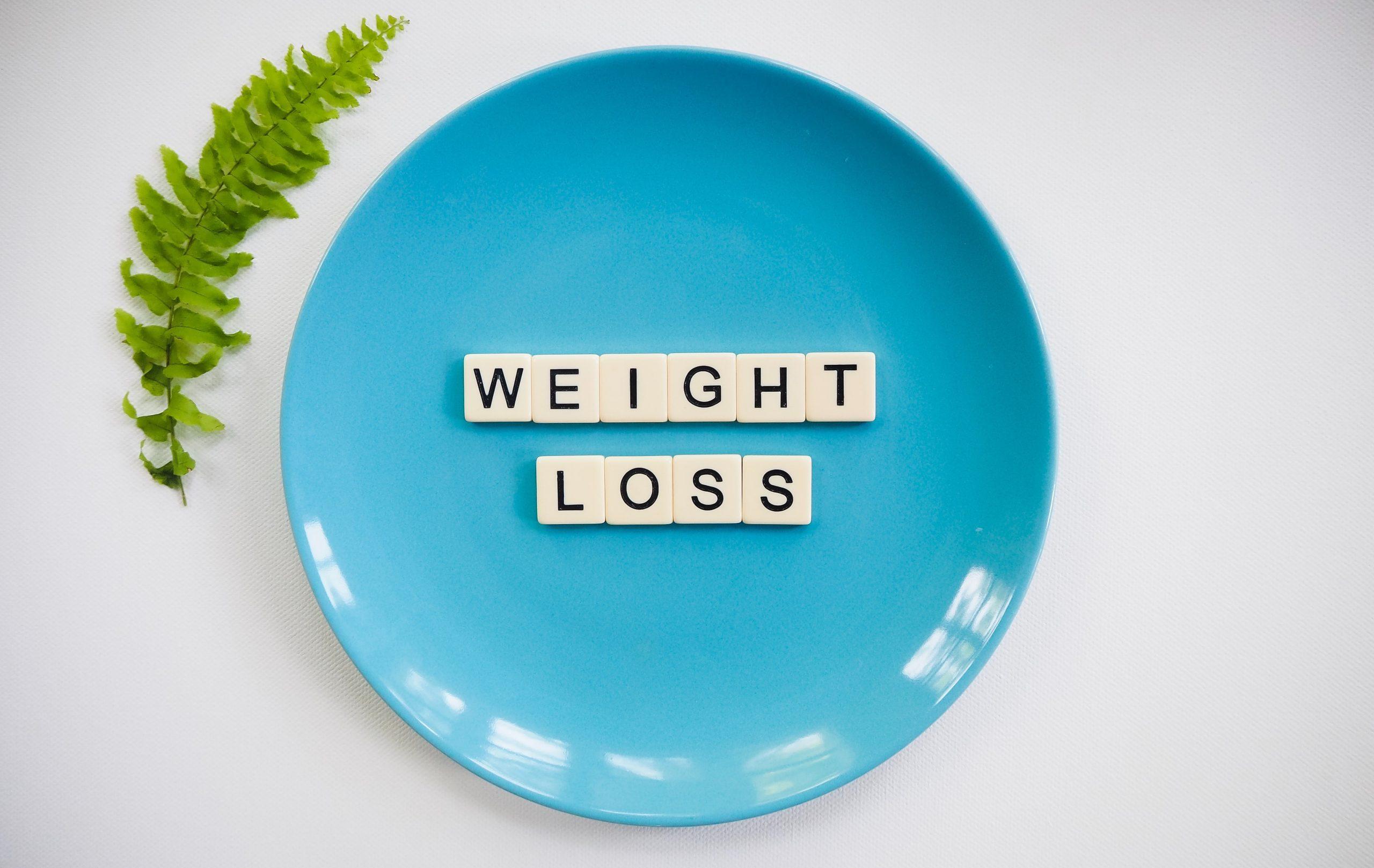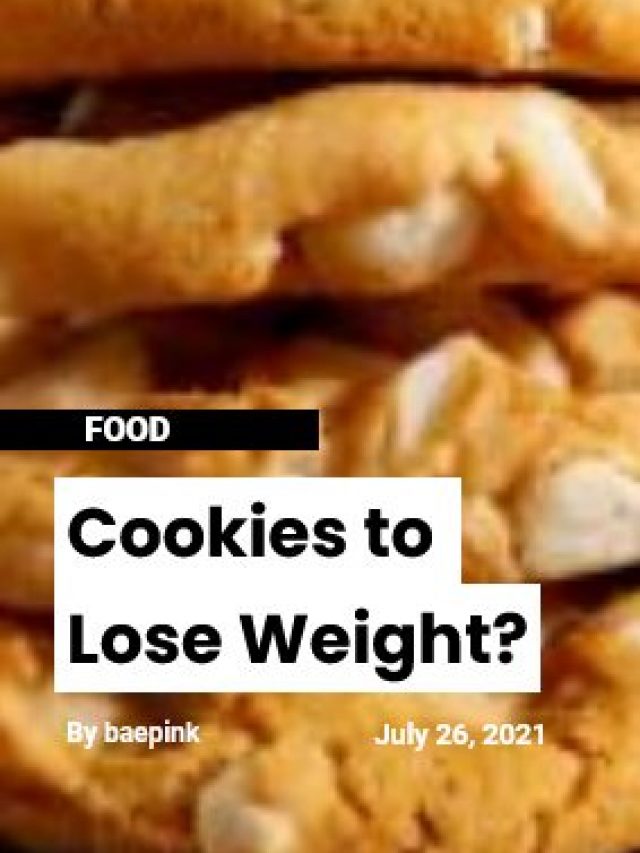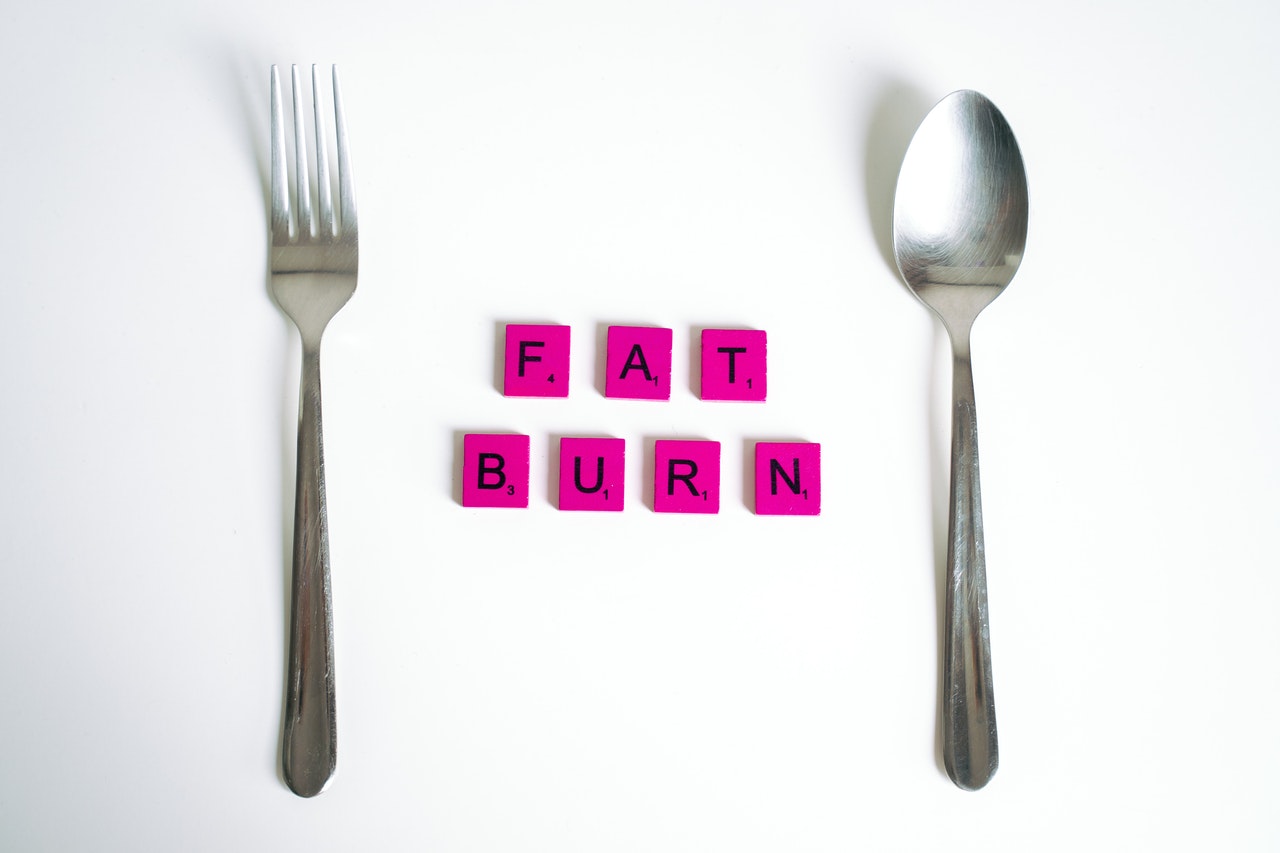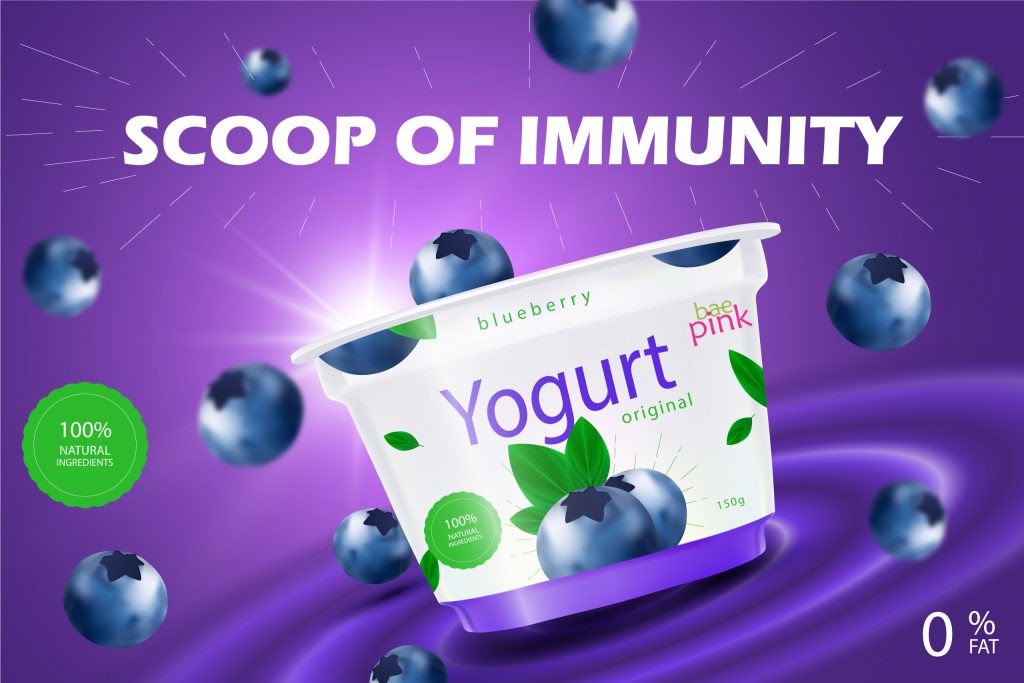According to the WHO, being obese or overweight is one of the major health risks that contributes to 2.8 million deaths worldwide each year. It also raises the risk of various non-communicable health issues like cancer, diabetes, and musculoskeletal problems as well as CVD.
Although it may be tough to cut calories when trying to lose weight, doing so could be unsafe for your health. Even though weight loss is not a miracle solution for health or healthy weight and not everyone needs to pursue it, you might want to work toward it if you want to feel the healthiest.
Just be sure to consult a medical expert before making any drastic alterations! It also helps to know which meals to eat more of those actively burn fat and calories.
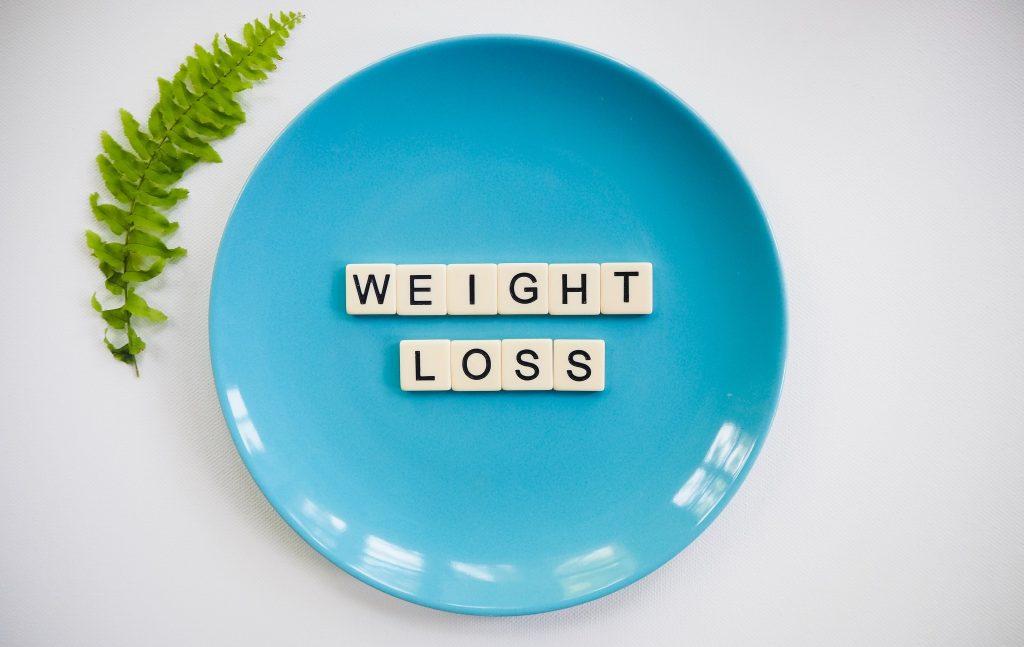
Weight loss dilemma resolved.
Wouldn’t it be great instead of cutting the diet short or fasting, what if we eat to lose weight? Is there any way to lose weight by eating? Or Are there any foods that will help in reducing the intake of calories? Well, there may be a way, not through the food but around the food.
Fight hunger and ensures satiety.
The meals that burn fat are not only tasty but they have also been shown by science to help in weight loss.
Best Foods for Weight Loss
Chia seeds – Seeya!
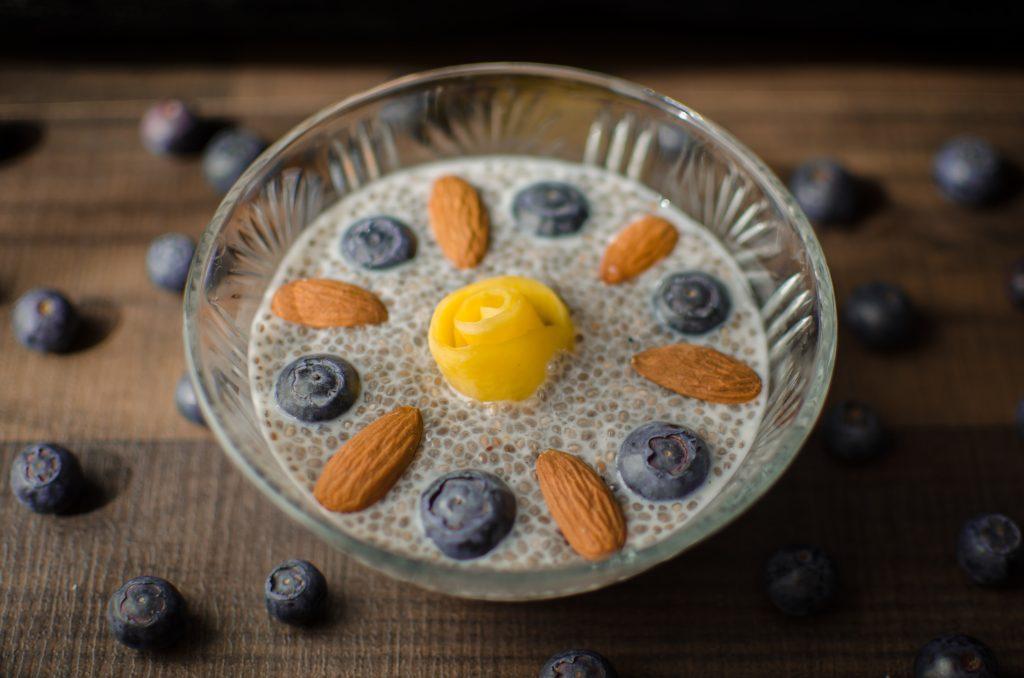
Chia Nuts Grapes
Chia seeds are found to increase feelings of satiety. This potent effect of chia seeds can be due to their high fibre content. So, eating chia seeds could make you feel satisfied.
Chia seeds are high in omega-3 fatty acids, which may help to reduce appetite in addition to fibre. In the study, participants who consumed either 7 g or 14 g of chia seeds with plain yoghurt reported feeling fuller and less hungry. In a study, participants who consumed chia seeds for six months had a significant reduction in body weight.
Nuts – Going nuts help!
First off, nuts (such as almonds) increase satiety. With their high fibre, high protein, and unsaturated fat contents with a variety of phytonutrients, and low glycemic index, nuts are an energizing food that has been linked to satiety responses.
In one study, a weight reduction diet supplemented with 50 g of almonds per day and a weight loss diet free of nuts was evaluated in a trial including overweight and obese women. After three months, women in the almond group had much more weight loss than those in the nut-free group. Additionally, women in the almond group significantly reduced their blood sugar, total cholesterol, triglycerides, body mass index (BMI), and waist size. According to a study, consuming more nuts is linked to less weight gain and a decreased chance of being overweight or obese.
Oatmeal – Healthy Meal!
Oats provide a balanced nutritional quality. They are an excellent source of fibre and carbohydrates, particularly the potent fibre beta-glucan. It has a good amino acid balance and is a good source of high-quality protein. In addition to being high in vitamins, minerals, and phytochemicals, oats are also high in oat lipids, especially unsaturated fatty acids.
In addition to being a tasty breakfast option, oatmeal is also filling. You may consume fewer calories and reduce weight by eating filling foods.
Oatmeal decreases hunger boosts fullness, and lowers subsequent energy consumption.
Journal of Nutrition Reviews
A person who eats oatmeal may not need to eat other items and will feel fuller for longer. As part of a calorie-restricted diet, obese patients who ate an oat-based soup as a main meal once or twice daily lost about 6 kg over the course of 23 weeks, according to an early study showing successful weight loss with increased oat consumption. Another study reported that eating foods made of oats could prevent weight gain.
Watermelon – What a melon!
Because of its high water content, which makes it less energy dense than most fruits, watermelon is a good option to encourage satiety. Watermelon greatly increased the feeling of fullness.
According to one study, eating watermelon instead of an isocaloric, low-fat cookie snack resulted in greater fullness for up to 90 minutes after intake. Watermelon eating for four weeks also resulted in weight loss. These findings imply that fresh watermelon may aid with appetite control and weight management while lowering cardiovascular risk factors when replaced with traditional refined carbohydrate snacks.
Grapefruit – A great fruit!
Grapefruit (GF) contain a lot of water (91%). Because grapefruit has higher fibre content and thus lower energy density, eating it could result in greater weight reduction.
The grapefruit was found to be beneficial in a study where the group’s participants showed statistical weight loss after 12 weeks. According to grapefruit’s effects, eating half of a fresh grapefruit before each meal, three times a day, causes obese people to lose 1.6 kg of weight over the course of three months.
Another study shows that this kind of dietary intervention (like grapefruit) can take place without reducing the overall amount of food ingested and, thus, without causing hunger and dissatisfaction sometimes linked to restrictive diets. According to this study, participants who regularly ate grapefruit with their meals experienced a reduction in waist size.
Avocado – Everyone can do!
Avocados provide the diet with monounsaturated fat, dietary fibre, and several other vital phytochemicals like lutein, vitamin E, niacin, and folate. Previous intervention studies have shown that avocados can decrease hunger and boost postprandial satiety.
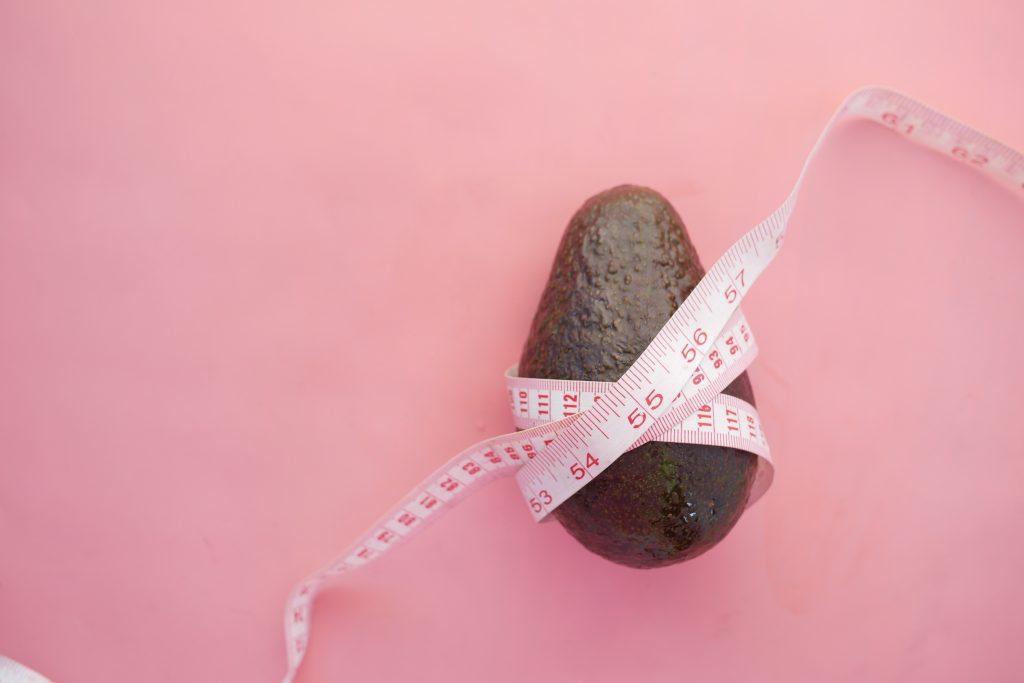
One avocado per day in a hypocaloric diet encouraged weight loss by altering the composition of the gut flora, according to a study.
Water – Whatever!
Water has its own rewards beyond quenching thirst. Water consumption reduces energy intake and lowers hunger; hence it’s usually advised to help with weight management. Excessive water intake reduces appetite.
In a study, 50 overweight women drank 500 millilitres (mL) of water in addition to their usual water intake for eight consecutive weeks, 30 minutes before breakfast, lunch, and dinner. These participants’ body weight, body fat, and body mass index all decreased. Additionally, they reported decreased appetite. According to another study, drinking water may help people lose weight by reducing their overall caloric intake.
Food for thought!
All of these foods are tasty, nutritious, and helpful in achieving or maintaining a healthy weight. Eating these nutritious foods and getting regular exercise should help to live a healthy life. Sugar-sweetened beverages do not make you feel as satisfied as solid foods do. Drinks without calories to choose from include water, unsweetened tea, or vegetable soup.


